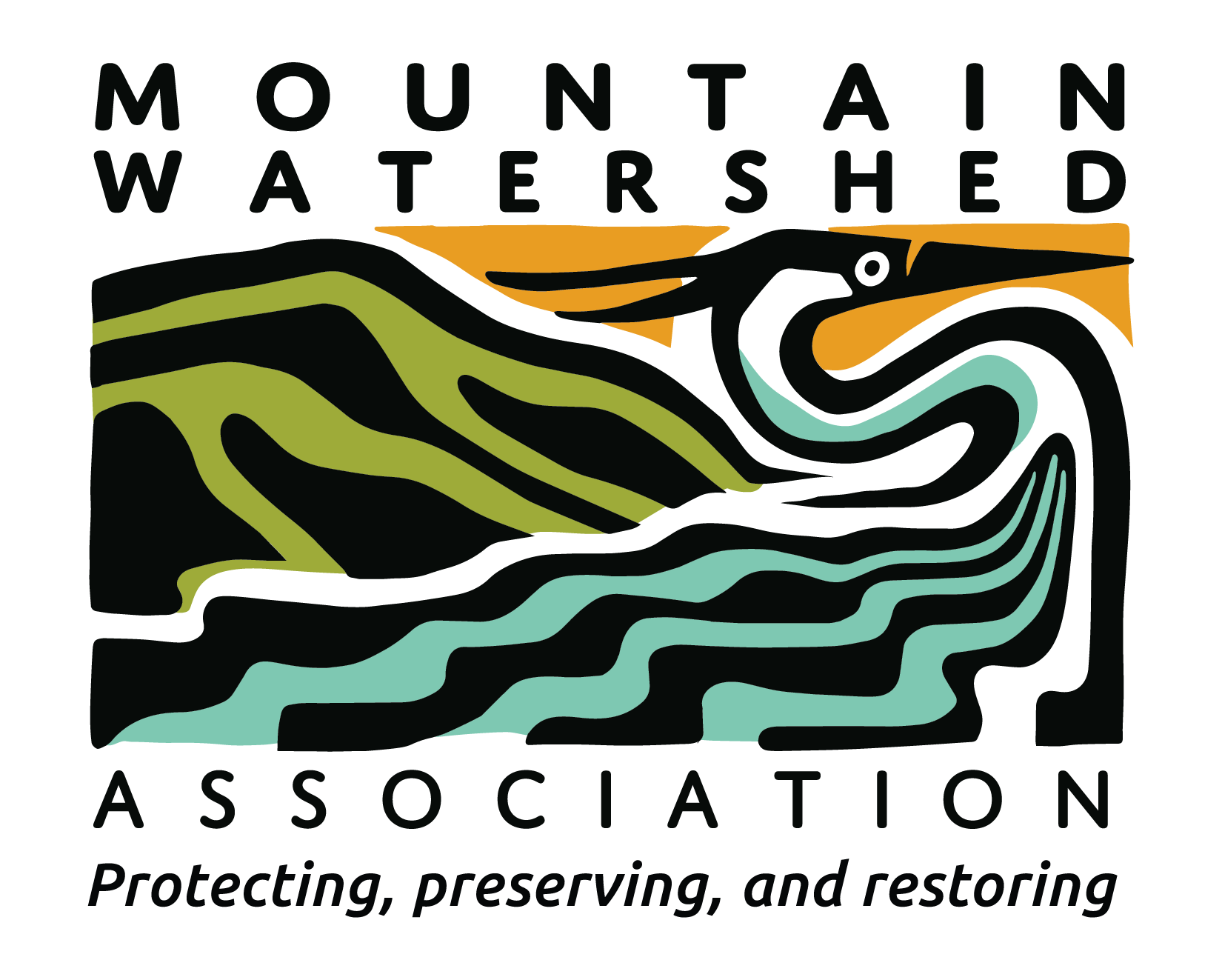
The Westmoreland Sanitary Landfill, located in Belle Vernon, has applied for a state permit to evaporate leachate (liquid runoff) from the site, putting nearby residents and sanitary workers at risk. If the leachate is evaporated, the air would be contaminated with pollutants and hazardous substances and could travel to several nearby communities. The facility is near several Environmental Justice communities – such as Monessen, Donora, and West Newton – which could be impacted by the proposed permit.
For these reasons, it’s critical that the Department of Environmental Protection hold a public hearing before issuing the permit. Send your letter to DEP demanding a public hearing by the deadline on June 9th.
Some major causes for concern include arsenic, selenium, iron, strontium, and volatile organic compounds (VOCs), including carbon monoxide. These pollutants can cause a range of health impacts, such as cancers and respiratory conditions. Vulnerable populations, such as those with pre-existing health conditions, are at particular risk from exposure to these and other compounds in the waste.
This issue is of particular concern since, in May of last year, an injunction was placed on the Westmoreland Sanitary Landfill to prevent it from pumping its leachate to a nearby wastewater facility. The leachate – containing high levels of chloride, barium, and even radium – was so highly contaminated that it significantly disrupted the operations of the wastewater treatment facility. As a result, the wastewater facility was releasing contaminated discharge into the Monongahela River, which serves as the drinking water source for several communities just downstream.
This landfill started accepting shale gas drilling (fracking) waste in 2010, which is known to contain high levels of radioactive contaminants. Evaporating the leachate will likely leave behind highly concentrated radioactive residue at the site. The permit does not make it clear how this radioactive residue will be treated, and the concentrated sludge could pose additional health risks to landfill workers. Long term exposure to radioactive contamination can cause radiation sickness and cancer.
Nearby communities deserve to have a say in this permitting decision, which could have significant impacts on public health. Demand a hearing so that you and other members of the public can express your concerns about this permit application.

